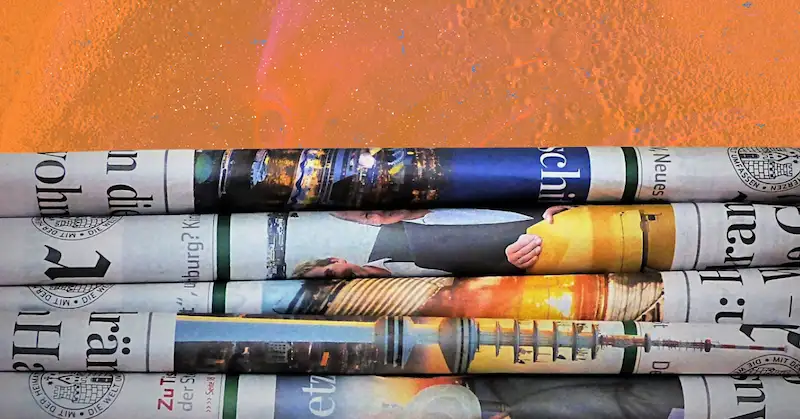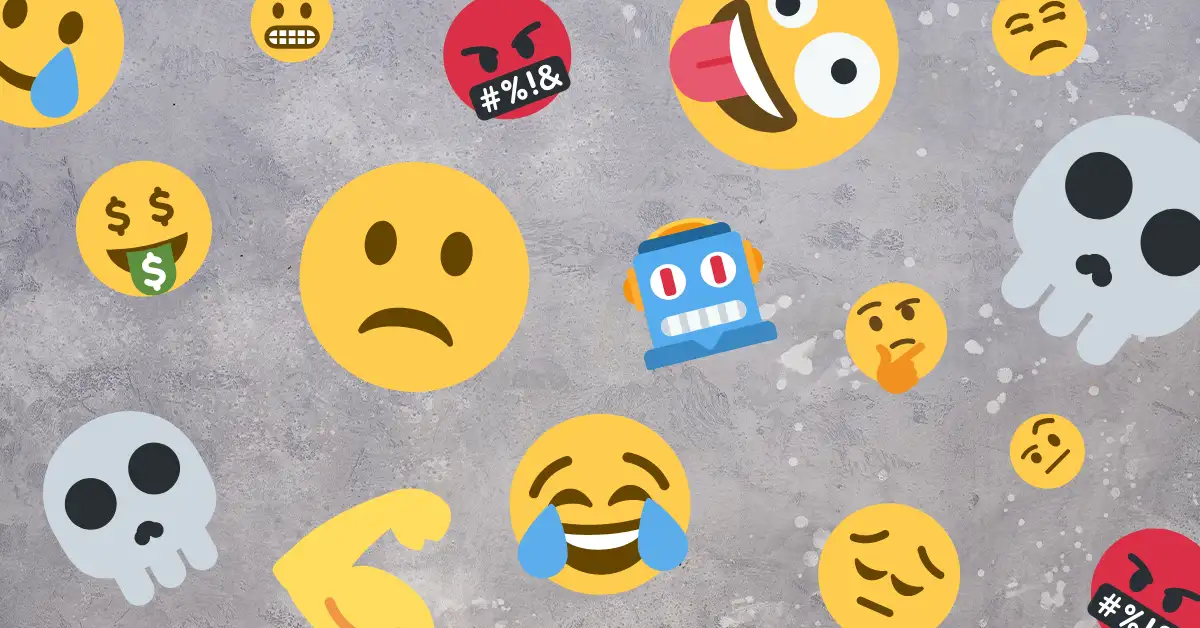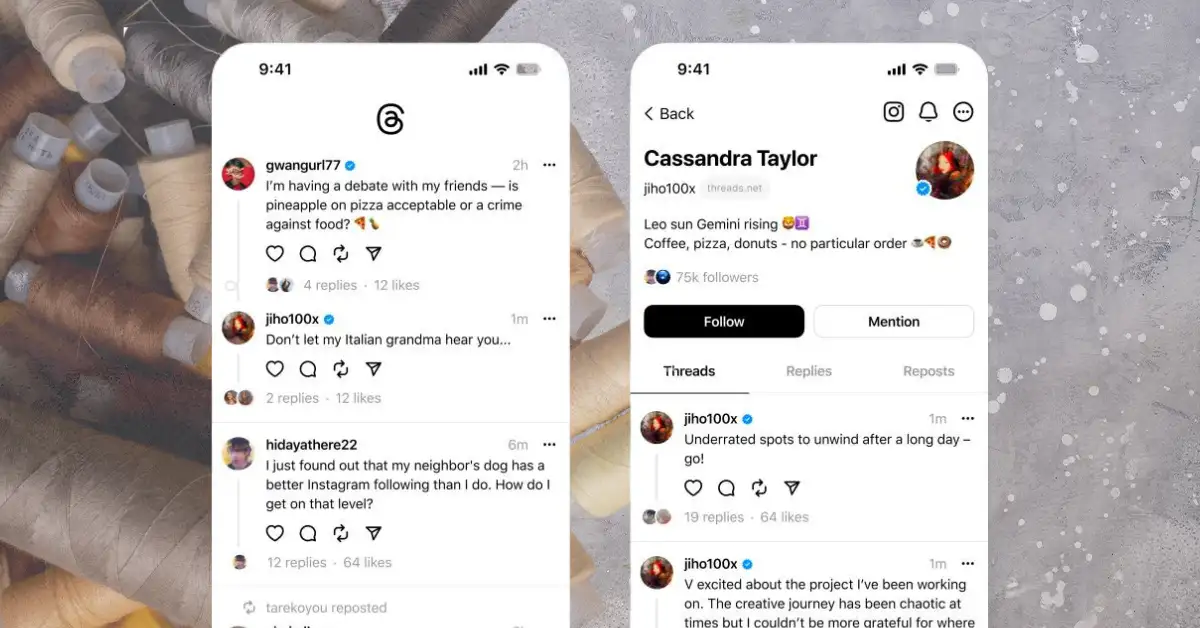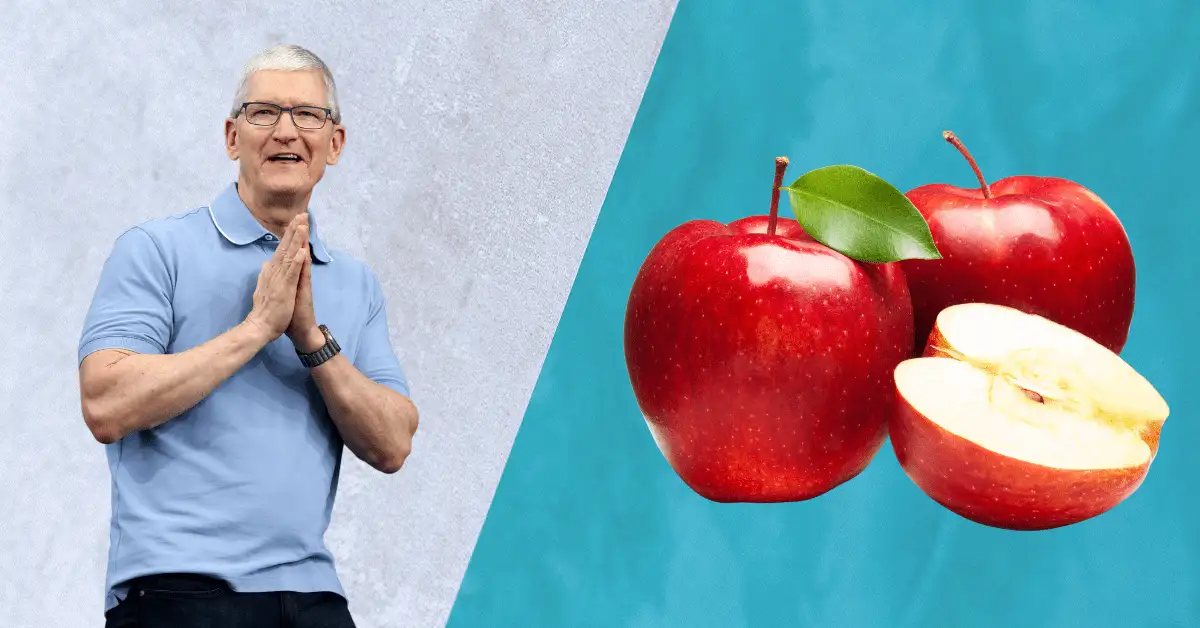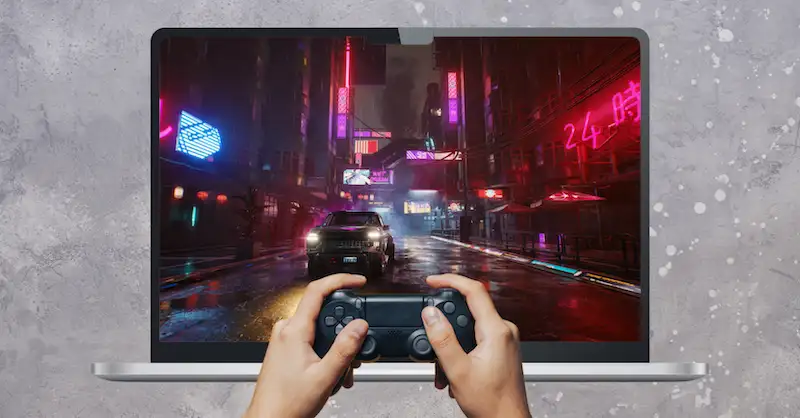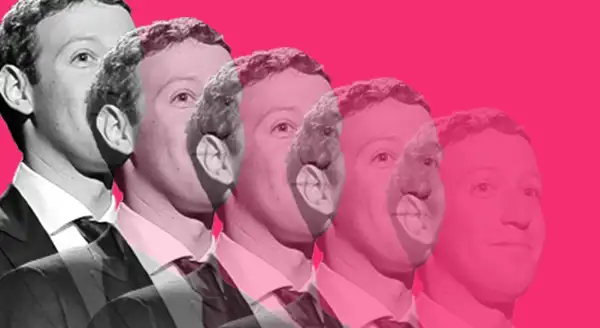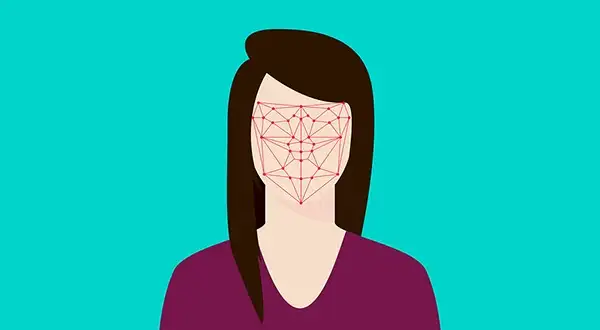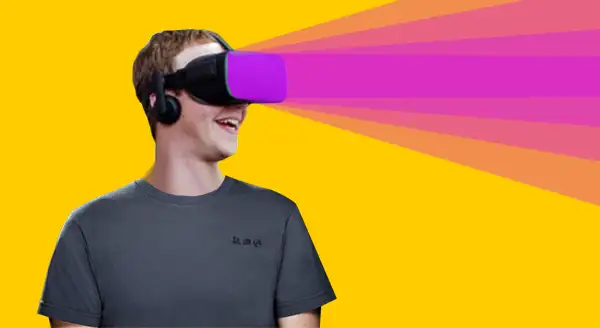Mark Zuckerberg has previously admitted he might “come across as robotic.” And, let’s be honest, he does.
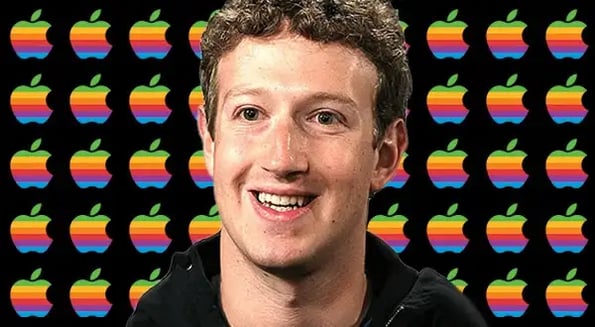
But that changed this week when Zuck unleashed his smack-talking, fight-me-in-the-parking-lot alter ego on Apple.
It all started when Apple and Facebook reported earnings
Apple finished the year with its most profitable quarter ever (no surprise there), breaking $100B+ in revenue for the first time.
Facebook’s report wasn’t too shabby either, beating expectations — with $28B in revenue. But the company’s numbers were overshadowed by Zuckmaster’s spicy comments…
The target: Apple’s competition and privacy measures
Zuck identified Apple as one of Facebook’s “biggest competitors” — and accused the company of using its hardware dominance to unfairly push services like iMessage (which he described as a “linchpin” of Apple’s ecosystem).
He also reiterated his stance that Apple’s upcoming privacy updates — which require users to opt in to data collection — will make it harder for small businesses to reach customers.
Translation: The update will make it harder for Facebook to make bank.
Either way, Apple’s privacy features are confusing people
Last year, the company introduced privacy labels in the App Store so developers could inform users about the info they collect.
The privacy labels are split into 3 categories: 1) data used to track you (e.g., your email address); 2) data linked to you (e.g., your purchase history); and 3) data not directly linked to your account (e.g., Apple Maps).
The goal is to create an easy-to-understand reference — kind of like how a Ben and Jerry’s label reminds you about the 12g of fat you’re about to shovel down your gullet.
The New York Times tested dozens of labels…
… and here are key takeaways:
- Will it even work? One UX researcher questions whether a label will actually change behavior.
- Similar apps like WhatsApp and Signal — which both encrypt your messages — can have very different privacy labels.
- Labels themselves can be long and unclear, as the NYT discovered with Spotify and Apple’s own apps. (Some don’t even have labels.)
Our opinion: We’ll take semi-confusing privacy labels over 100-page terms and conditions any day.


